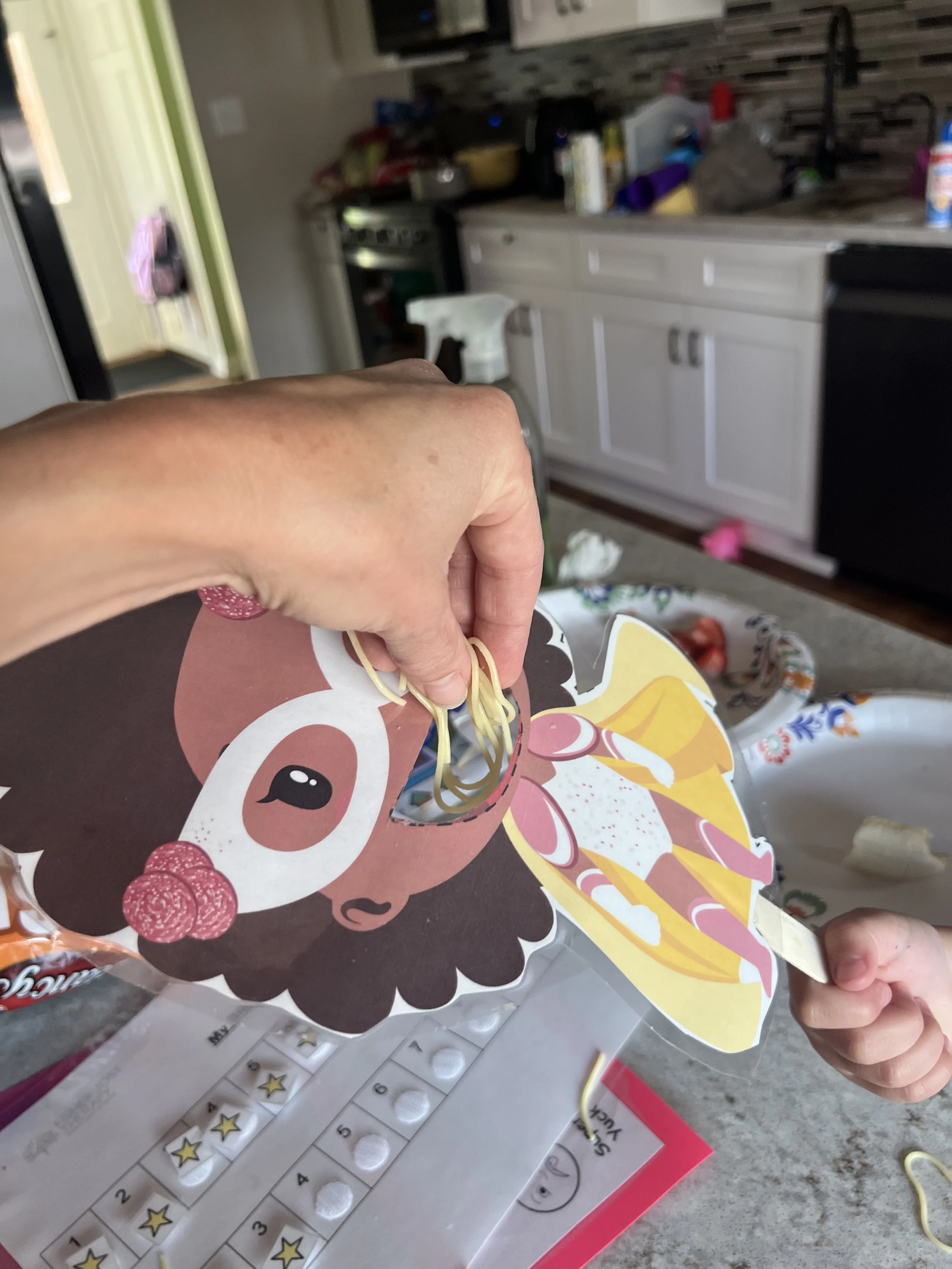Pediatric Feeding Therapy in Frankfort, Mokena, and Manteno, IL
Feeding Therapy is designed to help children develop safe, efficient, and confident eating and swallowing skills. Some children may struggle with picky eating, oral motor coordination, sensory sensitivities, or difficulty progressing from purees to solid foods. At Fisher-Jost Therapy, our therapists provide individualized, play-based therapy sessions that target the physical, sensory, and behavioral aspects of feeding. By working in a supportive environment, children can practice new skills while building positive associations with mealtime.
What Are The Benefits of Feeding Therapy?
Feeding Therapy provides both short-term and long-term benefits, helping children achieve greater independence, nutritional intake, and overall mealtime success. Children gain improved oral motor control, better chewing and swallowing abilities, and increased tolerance for a variety of textures and flavors. Beyond physical skills, feeding therapy also addresses confidence, reduces mealtime stress, and helps families establish structured, positive eating routines that foster lifelong healthy habits.
Who Can Benefit from Feeding Therapy?
Feeding Therapy is appropriate for children experiencing difficulties with eating or swallowing. This may include picky eaters, children with oral motor delays, sensory aversions, or medical conditions affecting feeding, such as reflux or neurological disorders. Feeding therapy can also benefit children who are transitioning between textures, struggling with self-feeding, or needing guidance to develop safe swallowing and chewing strategies. Regardless of the underlying cause, Fisher-Jost Therapy’s feeding therapy is tailored to each child’s unique needs to ensure measurable progress and mealtime success.
Signs Your Child May Need Feeding Therapy
Recognizing feeding challenges early can make a significant difference in your child’s growth, nutrition, and mealtime confidence. Children who experience difficulties with feeding may show a range of behaviors that indicate extra support is needed. If your child exhibits some of the following patterns or challenges, feeding therapy may be beneficial:
Limited acceptance of textures or flavors
Difficulty chewing or swallowing certain foods
Frequent gagging or choking during meals
Reliance on purees or a very limited diet
Strong aversions to specific food groups
Extended mealtimes or refusal to eat
Difficulty using utensils or self-feeding
Parent Involvement & Home Strategies for Feeding Therapy
Parents and caregivers are essential partners in reinforcing the skills learned during feeding therapy. Practicing strategies consistently at home helps children generalize skills to real-life mealtimes and builds confidence and independence. The following approaches provide practical ways to support your child’s feeding development while keeping meals positive and stress-free:
Structured Mealtimes – Keep consistent schedules to build routine, predictability, and security around eating
Model Eating – Demonstrate enjoyment of a variety of foods so your child can see and imitate positive mealtime behavior
Small Steps – Introduce new foods gradually alongside familiar favorites to reduce anxiety and encourage willingness to try
Positive Reinforcement – Praise attempts and successes, even small ones, to motivate continued progress and participation
Engage Senses – Explore textures, smells, and colors in a low-pressure way to help children become more comfortable with new foods
Interactive Meals – Involve children in food prep or simple cooking tasks to make mealtime engaging and hands-on

